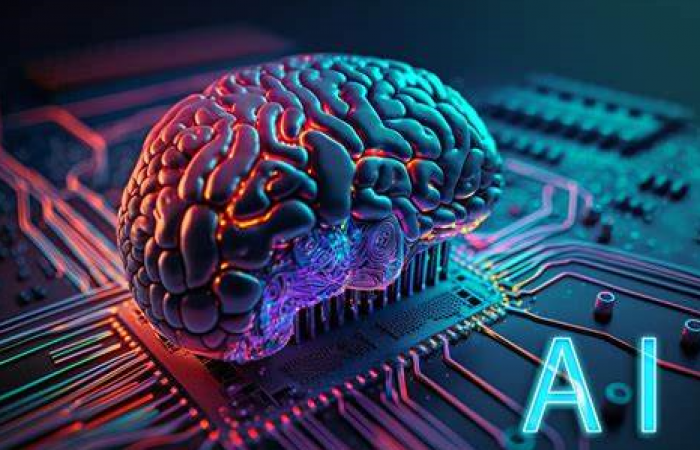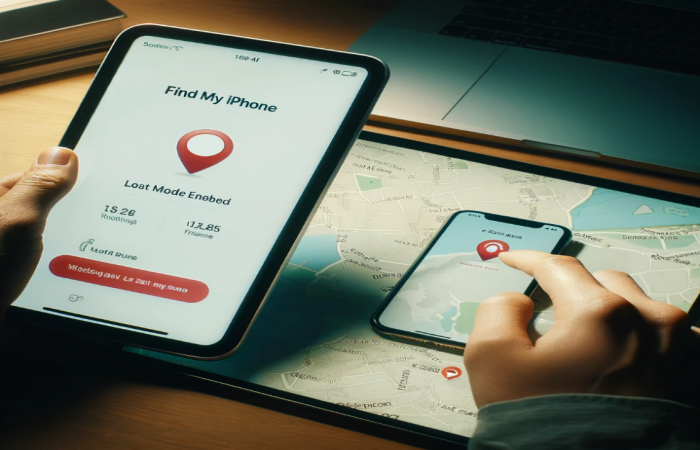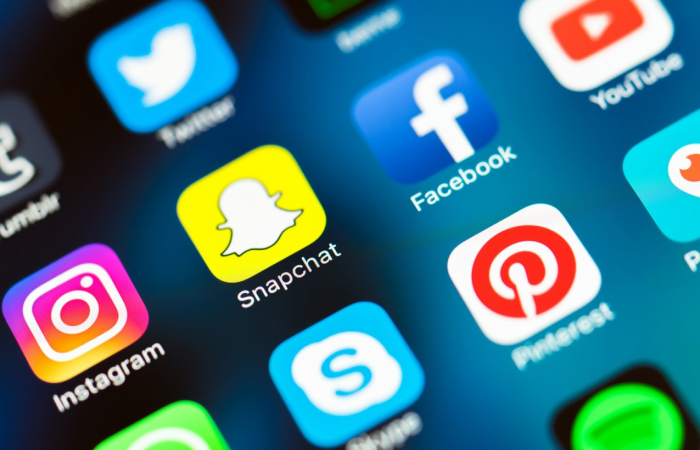
The Internet of Bodies: How Smart Devices Are Turning Us Into Cyborgs
Imagine waking up, and without even touching your phone, your smart bed has already recorded your sleep patterns, your smart fridge has prepped a perfectly balanced breakfast, and your wearable device is monitoring your health in real-time. Now, imagine if these devices were inside your body.
Welcome to the era of the Internet of Bodies (IoB), a futuristic concept that is no longer science fiction. It’s the next leap in the digital revolution, where wearable tech meets implantable devices, and humans become cyborgs—without even realizing it.
Internet of Bodies
The IoB refers to the network of smart devices, sensors, and technologies that either attach to or are implanted in the human body to collect, monitor, and transmit health data. Think of it as the Internet of Things (IoT), but instead of smart fridges and thermostats, the tech is integrated with your heart, brain, and body.
How Are We Already Becoming Cyborgs?
Wearable Tech: From Fitbits to Apple Watches, these devices are just the tip of the IoB iceberg. They monitor everything from heart rates to sleep patterns, giving you real-time insights into your health.
Medical Implants: Pacemakers and cochlear implants have been around for a while, but today, smart versions of these devices can send data directly to doctors, giving them constant access to a patient’s health status.
Biohacking: People are already embedding RFID chips under their skin to unlock doors, access devices, or even pay for goods. Biohackers believe this is just the beginning of merging technology with biology.
Why Does the Internet of Bodies Matter?
Revolutionizing Healthcare: Imagine a future where doctors don’t wait for you to visit when you’re sick. Instead, they get real-time alerts about changes in your health and intervene early. With IoB, preventative healthcare will no longer be reactive, but proactive. Medical implants will be able to automatically administer treatments or trigger emergency alerts.
Superhuman Abilities: Athletes and regular people alike could use implants to enhance their physical or mental performance. Neural implants could enable us to control machines with our thoughts, making us more efficient and giving us “superhuman” abilities.
Data-Driven Lives: With real-time health data, humans can make smarter lifestyle decisions. You could tweak your diet, exercise routine, or sleep patterns based on detailed feedback from your body.
The Risks We Shouldn’t Ignore
Privacy Concerns: Just like any connected device, IoB technologies could be hacked. The idea of someone gaining access to your health data—or worse, controlling your implants—raises serious security questions.
Ethical Dilemmas: If we can “upgrade” ourselves with technology, will there be a divide between those who can afford enhancements and those who can’t? What does it mean for equality when technology becomes part of who we are?
Health Risks: Introducing foreign tech into the human body could lead to unforeseen health issues. Constant monitoring may also cause anxiety, as people become overly concerned with the data their bodies produce.
What’s Next?
The IoB is not some far-off dream—it’s happening right now. Scientists are working on everything from brain-machine interfaces to digital tattoos that can monitor vital signs. We’re at the brink of a future where tech isn’t just something we use; it’s something we become.
Should You Be Excited or Worried?
The Internet of Bodies offers endless possibilities for improving human life, but it comes with serious ethical and privacy concerns. As this technology develops, society will need to navigate these challenges carefully to ensure that everyone benefits.
BlackPenStories is where we dive deep into the most fascinating tech stories shaping our future. As the IoB evolves, there will be more questions and breakthroughs—be sure to stay tuned to learn how this tech will change everything.
















